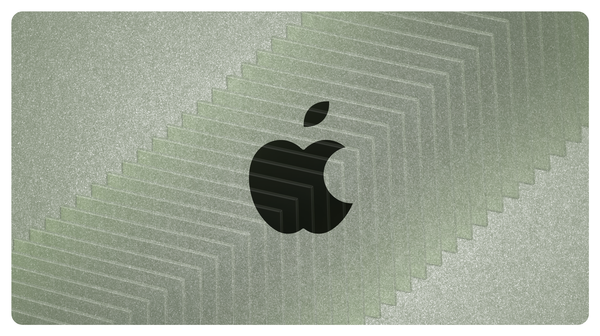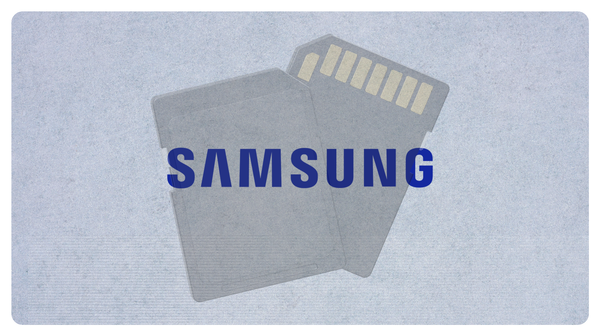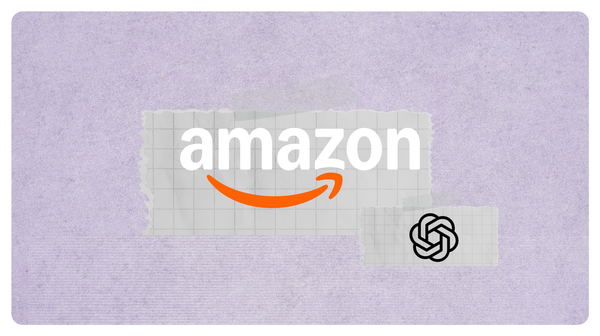Xiaomi Vs. Tesla and Apple

In a sentence ⏳
Xiaomi has transformed from a "Lego assembler" into a £7bn manufacturing powerhouse challenging Tesla and Apple, demonstrating how Chinese tech companies are moving beyond outsourcing to capture premium market value and reshape global supply chains.
6 Key Points in 1 Minute ⏱️
1️⃣ 🚗 From Phones to Ferraris Xiaomi's electric vehicles are outselling Tesla in China, with their new YU7 SUV receiving 200,000 pre-orders in just three minutes. The company's Beijing factory has become such a tourist attraction that visits need booking a month in advance, with production lines churning out a car every 76 seconds.
2️⃣ 🏭 Manufacturing Revolution Underway Once dismissed as a "Lego assembler" relying on suppliers, Xiaomi has invested £7bn over the next decade in developing advanced chips and "hardcore" tech. They're building their own factories to produce everything from foldable phones to air conditioners, shifting from asset-light to manufacturing-heavy.
3️⃣ 💰 Premium Products, Premium Profits By manufacturing its most expensive phones in-house, Xiaomi achieved an 81% jump in premium handset shipments whilst overall phone growth was just 3%. This shows how controlling manufacturing translates directly to capturing higher value markets and improved margins.
4️⃣ 🧠 Silicon Sovereignty Strategy Xiaomi launched its own 3-nanometre chip (the Xring O1) manufactured by TSMC, joining elite players like Apple and Samsung with vertical integration capabilities. However, this creates vulnerability to potential US sanctions, as highlighted by recent TSMC restrictions on Chinese chip firms.
5️⃣ 🎯 Beijing's Backing Behind the Scenes The transformation aligns perfectly with Beijing's call for "new, quality productive forces." State media praised Xiaomi's shift from importing steel scraps in the 1950s to using 700 robots in modern EV factories, showing this isn't just business strategy but national industrial policy.
6️⃣ ⚡ Speed Kills Incumbents Whilst Apple abandoned its decade long car project, Xiaomi went from announcing automotive ambitions to launching its first vehicle in just three years. This execution speed is becoming the new competitive advantage for Chinese tech companies against Western rivals.
🚀 Buzzword Explainers
📚 Vertical Integration When companies control multiple stages of production rather than relying on external suppliers, allowing greater control over quality, costs, and supply chains.
📚 System on a Chip (SoC) An integrated circuit that incorporates most components of a computer or electronic system onto a single chip, crucial for smartphones and electric vehicles.
📚 Contract Manufacturing When companies outsource production to third-party manufacturers rather than building their own facilities, traditionally used by tech companies to reduce costs and risks.
🎙️ 3 Talking Points
✅ Demonstrate understanding of global business strategy
"Xiaomi's transformation from outsourcing to in-house manufacturing shows how Chinese companies are moving up the value chain to compete directly with Western tech giants."
✅ Link business decisions to geopolitical context
"The shift from asset light to manufacturing heavy represents a fundamental change in Chinese tech business models, driven by both commercial logic and national industrial policy."
✅ Connect technology trends to regulatory compliance issues
"Xiaomi's vulnerability to US sanctions through TSMC dependency highlights the legal complexities facing Chinese tech companies in global markets."
💡 3 Smart Questions To Ask Your Interviewer
❓Show understanding of sanctions compliance complexity.
"How do law firms advise Chinese tech companies on navigating US export controls whilst maintaining access to critical suppliers like TSMC?"
❓Connect manufacturing trends to legal practice areas.
"With Chinese companies increasingly manufacturing in-house, what new IP protection and technology transfer issues are emerging for your clients?"
❓Demonstrate commercial awareness of how business models affect legal requirements.
"How does the shift from contract manufacturing to vertical integration change the risk profile and legal structures these companies need?"
🏢 Law Firm Connections
Chinese Tech Expertise:
- Slaughter and May advised on Chinese technology deals in 2024, including complex cross border transactions involving Chinese manufacturing companies
- Linklaters maintains a strong China competition practice, crucial for Chinese companies expanding globally like Xiaomi
Automotive and Manufacturing Focus:
- China Deals of the Year 2024 shows Commerce & Finance Law Offices advised Chinese EV makers including Changan Automobile and JAC Motors on manufacturing deals
- UK firms are increasingly advising on Chinese automotive expansion as brands like BYD and NIO target European markets
Sanctions and Tech Compliance:
- The UK investigating dozens of law firms for sanctions breaches shows the complexity firms face advising tech companies on compliance
- TSMC's recent cutoff of Chinese chip designers demonstrates the legal minefield UK firms navigate when advising Chinese tech companies
🎯 Model Answer Using Your Talking Points

Q: Have you followed any recent developments in Chinese technology companies?
"Yes, I've been following Xiaomi's transformation from a contract manufacturer to producing its own chips and electric vehicles. It's fascinating how they've moved up the value chain to compete directly with Tesla and Apple.
What strikes me is how this shift from asset light to manufacturing heavy creates new legal challenges around IP protection, supply chain compliance, and sanctions risk. Particularly with their reliance on TSMC for chip manufacturing, which makes them vulnerable to US export controls."
"I'd be interested to understand how your firm advises Chinese tech clients on balancing vertical integration ambitions with regulatory compliance across different jurisdictions."




